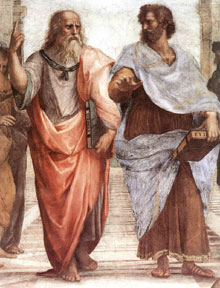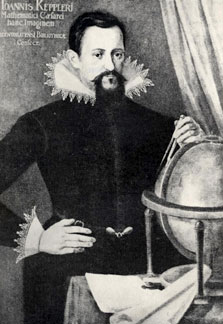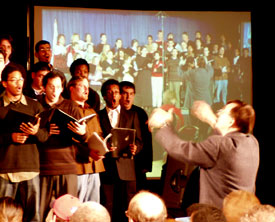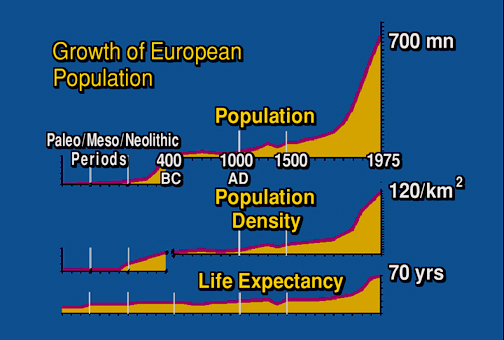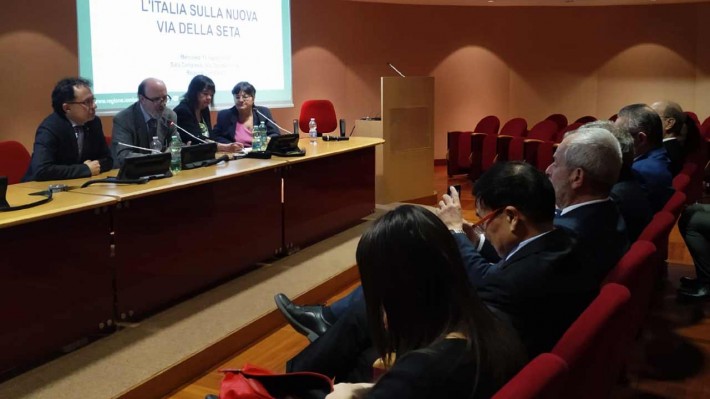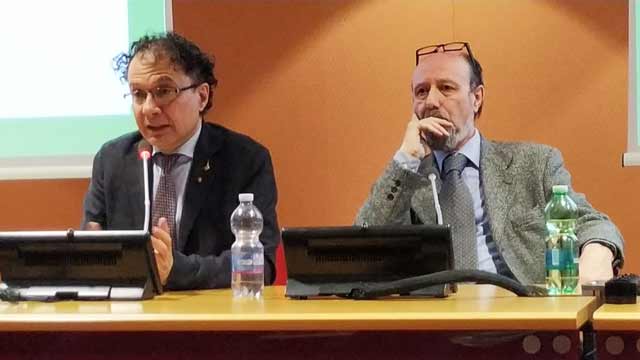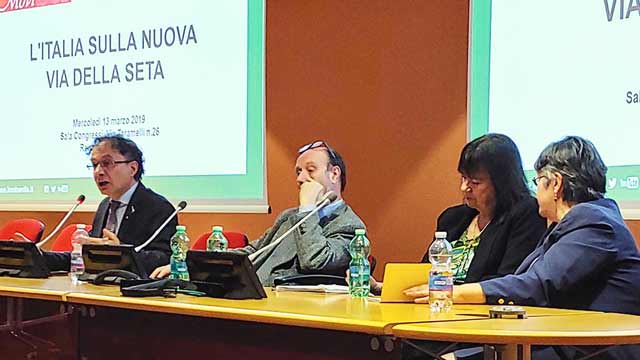The LaRouche International Youth Movement issued the following statement on the occasion of the second anniversary of the Feb. 12, 2019 death of Lyndon H. LaRouche.
We, youth from around the world and members of the international Schiller Institute, have posed the question as to whether we’re really doing the right thing in terms of the academic and moral education of so many of the planet’s youth. In replying, we discover the paradox that if we were doing the right thing, the grave international systemic crisis we face wouldn’t exist.
What we instill in the minds and hearts of our youth through their education, will give them the tools to decide what they will do with their lives, taking up the mission of a “commitment to society” to improve our universe. With the method Lyndon LaRouche’s ideas represent, the word “commitment” won’t frighten them. They will see in it the realization of their ideals, as they better themselves and consequently seek the improvement and benefit of their fellow man.
With this in mind, we have launched an initiative called “LaRouche in the universities. What really is power?” This initiative consists of training young students, professors and other interested parties in the method and contributions of the American physical economist Lyndon LaRouche. We must introduce in all curricula the history of those ideas which, in the course of the evolution of human civilization, have allowed us to emerge from existential crises with renewed vigor to create a renaissance at a higher level. And that’s what the ideas on statecraft and the agapic principle that LaRouche contributed during his lifetime represent. So today, when these ideas are more necessary than ever, we launch this project on the second anniversary of his passing, February 12.
This is our petition:
That we begin education and training in the method developed by Lyndon LaRouche, through courses, workshops, seminars, graduate courses, conferences, contests, experiments, science and art fairs—to take place in academies, universities, forums, courses and classes. We ask that you open your minds, have a meeting and discuss how to collaborate to activate the creative capacity and the “specific faculty of cognitive insight” in the individual; to create with this a dynamic of Socratic dialogue in response to the search for solutions to the paradoxes posed by the current crisis.
We aren’t demanding. We are offering the opportunity to give young people what belongs to them by natural law. That is, to create an inflection point in history—an option that differs from the pessimism they breathe.
It’s true. What young people decide to do with their education isn’t in our hands; but at least we will feel at peace knowing that we’ve done the right thing—having guided these youth in the direction of the Good and not toward their self-destruction.
This is true love for one’s fellow man—it is true agapē. Our petition isn’t born of being fed up with society, of anger, hate or victimization. Rather, it is born of the hope of building, through our own efforts, a dignified present for the human race and for all inhabitants of our planet. These are the ideas which Lyndon LaRouche defended in life, and we young people have assumed the responsibility of bringing them to fruition with even greater force today.
The consequences of changing the present will be a future of prosperity, but one filled with paradoxes to be resolved for our future generations—an opportunity to seek one’s happiness through being useful to others, rather than just thinking of oneself.
Former Mexican President José López Portillo said in 1998: “It is now necessary for the world to listen to the wise words of Lyndon LaRouche;” and we would add, “it is now necessary that he be studied at every center of learning in the world.”
Join Our Initiative!!
The most important, and most fundamental of the issues posed to us by this onrushing catastrophe, is: As a matter of principle, to what degree, in what manner, and by what means, can man gain foreknowledge of the method by which to willfully change the current direction of his society’s destiny, for the better, in specific ways? Even to overcome, thus, the worst sort of impending, seemingly inevitable catastrophe, such as the presently onrushing one?
For reasons which I have defined extensively within earlier writings, any discussion of this topic, must situate itself by efficiently implied reference to the accumulation of knowledge possessed by mankind, and, more narrowly, by any specific culture, up to the time of a current discussion. In other words, the investigation of matters pertaining to the question of method set forth at the outset of this report, must adopt its empirical basis from the history of the efficient effects of the previous development of ideas, as Plato defined the term ideas, and as Leibniz defined the Platonic idea of a monadology.


Such is the setting, in which a specific culture, at a specific time, is faced with a specific challenge to its continued existence. That challenge must be seen as that culture is situated not merely within the context of the world’s geography, but also the legacy of that society’s cultural development, accumulated from all human history, up to that time. This retrospective view defines the broad meaning of historical specificity…
When we use the term “idea,” as Plato, Kepler, or Leibniz would, we mean, either the quality of idea associated with a universal physical principle, such as Kepler’s original discovery of a principle of universal gravitation, as Kepler details this, step by step, in his The New Astronomy, or the idea of communication of such an idea to another individual person. Or, we mean the notion of an idea common to both such discoveries of a validated universal physical principle of non-living processes, or of living processes, and also the idea of the communication of ideas of that specifically cognitive quality, as ideas are defined by Plato, from one person to another.


This is the same principle expressed in any performance of J.S. Bach’s St. John Passion and St. Matthew Passion, which is conducted as Bach had intended the organic participation among composer, soloists, chorus, and congregation. The intention is that all, composer, soloists, chorus, and congregation, might participate in reliving that passion within their own cognitive experiences. Mozart’s Great Mass, his later Requiem, and Beethoven’s masses,
express the use of art to bring about a truthful cognitive experience of the reliving of history, shared among composer, performers, and audiences.
These are not fiction, not entertainments, but the adducing of the cognitive reality of history, as distinct from a reductionist’s dumb reading of the shadows on the wall of a dimly firelit cave, or, as seen darkly in a mere sensory mirror of reality. The superior truthfulness of great Classical art, on this account, is that it accomplishes the essential function of enabling the audiences, among others, to relive the cognitive experience of the historical subject to which the art, or an appropriate form of religious service, refers…
These latter are communicated to other persons, that in the form of specifically cognitive qualities of knowledge… The validation is defined, as to be measured in terms of society’s increase of its power to exist, in and over the universe, in physical terms. Typically, this validation is to be measured per capita and per square kilometer of a normalized cross-sectional area of the Earth’s surface.
In that modern case, we can say that we know the subject author’s intent, because he obliges us, in that way, through that specific faculty of cognitive insight, to replicate the discovery of the intent of the experimentally verifiable idea in our own cognitive processes. This principle governs the way in which communication of ideas, as Plato defines ideas, occurs among living persons; it is also the way in which ideas are communicated, as ideas, from the past to the present, and to the future.
In opposition to that single step of perception, through which we learn to recognize objects in the form of sense-perceptions (e.g., the empiricist’s brutish notion of “sense certainty”), the individual act of knowing an idea requires three steps.
First: there must be the recognition of a true paradox of an ontological form.
Second: there must be an act of hypothetical discovery of some universally efficient principle, a discovery which solves the paradox.
Third: there must be an experimental test of the discovery. In other words, the test must show that the hypothetical principle is either universal, or not. If not, it is not a principle.
Since the first and third steps are both demonstrated experimentally, a second person who repeats those steps recognizes the successful nature of the thought which engendered the hypothetical discovery in the mind of the original discoverer, as recreated in his own. It is in that way, that the imperceptible is known, because the existence of that idea is efficient in controlling the shadows on the wall of Plato’s Cave. This sharing of the act of discovery of an experimentally validated principle, defines an idea of the Platonic type. Ideas of principle generated and validated in this way, thus represent communicable, and also efficient ideas for practice, even though the idea itself is not visible to the mere senses.
Thus, the subject of history, properly apprehended, is the history of ideas, as that is to be defined in the terms which I have just summarized. Thus, the only valid idea of history, is the history of ideas.
In other words, the minds of discoverers from the past are able to communicate with our minds, even if that discoverer were long deceased, through the three-step method outlined above. So, we, too, are empowered to communicate to the minds of persons who will be conceived and born long after we are dead. This relationship, defined in terms of ideas, among past, present, and future, is the equivalence of the idea of history to the history of ideas. It is not through learning rooted in sense-certainty, but only through the cognitive communication of ideas of a Platonic quality, that we are in efficient relationship to humanity as a whole, to our predecessors, our contemporaries, and our posterity alike.
This points to the indispensable role of a Classical-humanist mode of universal primary and secondary education for all members of our society. The primary goal and function of education, must be to enable the young, in particular, to relive the important cognitive experiences of past generations, especially the great discoveries and the great crises of earlier cultures and peoples. It is in the seeking of cognitive truth, in such Classical-humanist modes of education of the young in ideas, that education provides a foundation for the moral development of the character of the young person, and, hence, also the adult.
The superior moral character of the individual enjoying the benefits of a Classical-humanist education, in contrast to today’s more popular practices, expresses itself not only in the development of persons who are usually more moral, more sane than in other parts of the population, but endowed with superior qualities of intellectual achievement in whatever profession takes them up. Thus, the idea of an historically so-defined generality of cognitive development, points to an induced state of mind described as the expression of a principle of higher hypothesis, expressed, typically, as the individual’s power to generate entire families of discoveries.
It is in the ability to share that cognitive discovery of universal principle with others, in a task-oriented way, that real knowledge of the physical universe becomes a subject of conscious intention. It is in the distinguishing of one such idea, from others, of the same cognitive origin, that we are able to distinguish one idea from another one, as a form of existence of ideas, as situated within a social process.
This social aspect of the process of accumulating valid ideas, cognitively, over successive generations, defines what is properly regarded as Classical principles of artistic composition and performance. The validatable principles of Classical artistic composition, also provide the basis for the apprehension of real history and the arts of statecraft.
The functional distinction of the sovereign form of modern nation-state republic, is that it ends the subjugation of the majority of the population to the status of virtual human cattle. It is the shaping of economic and related policies according to that intention, which imposes upon government the responsibilities for: a.) protecting the national economic development, as measured in per-capita and per square-kilometer terms; b.) the promotion of the development of the basic economic infrastructure of the national territory as a whole; and, c.) the promotion of scientific progress and use of the technologies so derived, to promote the advancement of the productive powers of labor of all of the households of which the population is composed.
It is the florescence of Classical education and practice in science and art, which nourishes what becomes both the productive potential of the population, and its inclination to cooperate in bringing related improvements in the material and cultural conditions of life into general practice. The human individual is naturally creative; that distinguishes him, or her, from the beasts. That is the quality of that individual, which, if evoked and encouraged, is the source of upward tracks of revolutionary improvements in the condition of mankind. That, which Plato and the Apostle Paul would identify as the principle of agapē, is the power of mankind to change the universe.
To Top

















